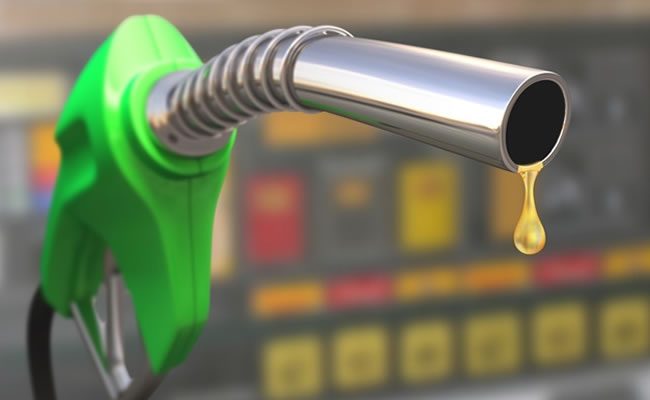Share!
Motorists in some parts of Lagos faced a resurgence of petrol queues on Thursday as the Nigerian National Petroleum Company Ltd (NNPC) struggled to meet national demand due to a backlog of unpaid subsidies.
The NNPC Ltd, which is the sole importer of petrol into the country, has been reliant on government subsidies to keep pump prices affordable.
However, delayed outstanding payments by NNPC Trade Ltd, a subsidiary of NNPC group, to international traders including major Swiss trading firms Trafigura, PV Oil Singapore PTE Limited and Mercuria, oil major Total as well as large Nigerian traders, have created cash flow constraints, hindering its ability to secure enough petrol to meet national demand.
The terms of this contract used to supply nearly all of Nigeria’s petrol needs as well as cover some of its diesel and jet fuel consumption is usually in 90 days.
“The government is struggling to clear a backlog of subsidy bills for November and December which affected the importation of products in the last two days,” a senior oil executive in Nigeria’s downstream sector told Economic Confidential.
“Apart from Ardova which currently has stocks, some of the biggest marketers such as NNPC’s retail Limited, Mobil and TotalEnergies are currently down with low petrol stocks. That is why you are seeing the scarcity around Lagos which may spread to other states,” the source added.
Findings by Economic Confidential showed two vessels carrying Premium Motor Spirit, popularly called petrol, were offloading petrol products at Apapa jetty as at the filing of this report.
Further findings showed a daughter vessel called MT GRACE LEO @NOJ with 10,400 metric tonnes (MT) arrived on Thursday while another daughter vessel MT PERICLES @ASPM Jetty with 37,045MT arrived on Wednesday evening.
“We need stability of supply for the next couple of days before we can see total disappearance of queues across all filling stations,” Chinedu Uzordike, a member of the Independent Petroleum Marketers Association of Nigeria, said.
“We have been finding it very difficult to pick products from NNPC in the past two days and that is why you are seeing the skeletal scarcity. It is not major yet. The important point here is that despite the deregulation, NNPC is still the sole importer of PMS and no other depot is importing,” he added.
Efforts to get comment from Olufemi Soneye, chief corporate communications officer at the NNPC, proved abortive.
Findings showed NNPC Ltd swapped nine million barrels of oil, valued at $755.74 million under its direct sale, direct purchase arrangement (DSDP) in November 2023.
The DSDP is an arrangement that allows the sale of crude oil to refiners, who will in turn supply NNPC with an equivalent worth of petroleum products.
The arrangement is a strategy by NNPC to ensure a sustained supply of petroleum products such as petrol, diesel, and kerosene in the country.
In June 2023, the NNPC had said it commenced the termination of crude oil swap contracts and would pay cash for petrol imports.
The development followed the removal of the subsidy in May 2023, with petrol prices going above N500 a litre as against the subsidised N185.
“In the last four months, we practically terminated all direct sale direct purchase (DSDP) contracts. And we now have an arm’s-length process where we can pay cash for the imports,” Mele Kyari, NNPC’s group chief executive officer, told Reuters in June 2023.
However, NNPC’s data published on January 18, 2024 showed that the DSDP arrangement was still in place as at November 2023.
A breakdown of the transaction revealed that the “DSDP project yield crude oil liftings” gulped a total of 1.85 million barrels, valued at $159.24 million in November last year.
The document also showed that NNPC used 6.66 million barrels (valued at $550.13 million) for its ‘DSDP PPSA crude oil liftings’ deal in the same month.
It also said a total of 516,235 barrels was used for the ‘Federal Inland Revenue Service DSDP crude oil liftings’. The deal was worth $46.35 million — bringing the total value of the transactions to $755.74 million.
According to the data, NNPC’s customers (clients) in the oil swap deals were the Gulf Transport and Trading, AA Rano Nigeria, PV Oil Singapore PTE Limited, Oando Plc, Sahara Energy Resources, Mercuria, Mocoh SA, and Oando DMCC.
